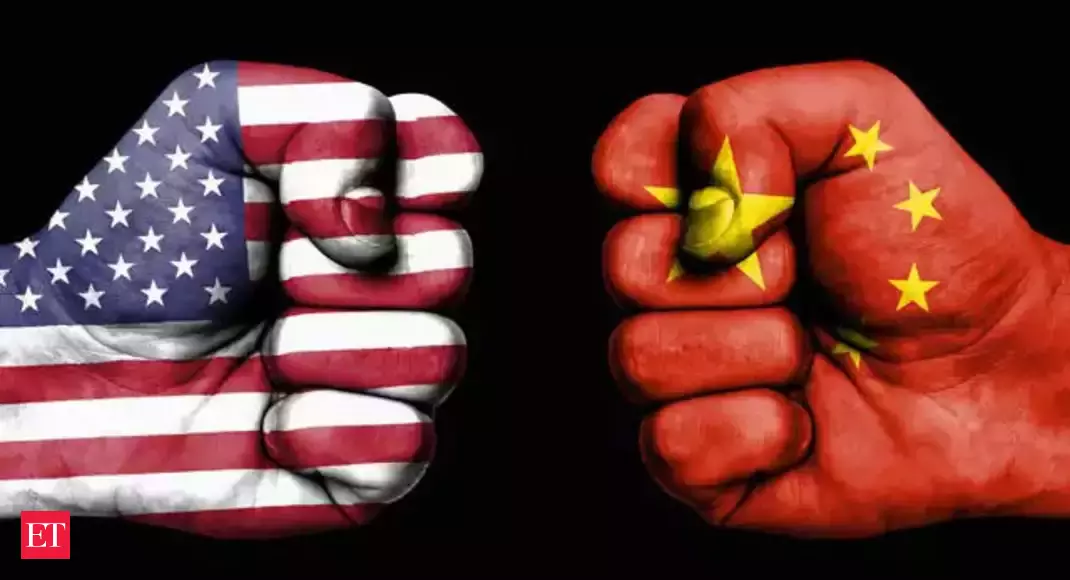Trump's trade war with China may backfire on meat
13 August, 2018

A key objective of President Donald Trump's trade war is to pressure Beijing to "buy American", but when it comes to millions of dollars of US meat imports, China may simply take its business elsewhere.
Beijing's retaliatory tariffs on US pork and beef are making them prohibitively expensive and Chinese importers are simply turning to other sources, a trend expected in other sectors as well.
"When the US prices go so expensive after the duties... we will source from other origins," said Zhang Lihui, Shanghai manager for global meat company PMI Foods.
"Like for beef, we will buy more from Australia, we will buy more from South America, and maybe a little bit more from Canada."
PMI Foods has already ceased importing cuts of US pork meat into China after Beijing's tariffs -- imposed last month in response to Trump's initial duties on Chinese goods -- drove prices up.
Shifting trade patterns caused by the tariff battle will "definitely" benefit other countries at the US's expense, Zhang said.
"The Chinese market will certainly look for replacements," she said.
The outcome of the trade battle, spread across a range of sectors, remains hard to predict. But analysts warn that US exporters will lose significant China business.
The US exported around $140 million worth of pork, beef and related by-products to China in June, before tariffs kicked in, according to the US Meat Export Federation, about 10 percent of all US beef and pork exports.
China is clearly targeting imports of commodities such as meat, soybeans, wheat and petrochemicals that are easily replaced in the global market, said Julian Evans-Pritchard, a China economist with Capital Economics.
"That's the idea of tariffs: you are trying to hurt the other side while not hurting yourself too much," he said.
"I think (the trade war) could lead to some quite significant shifts in the flow -- which country getting what from where."
The impact on prices of imports, however, will be largely negligible as "the global trade system is quite flexible," he added, and because suppliers on both sides will absorb much of the tariff costs themselves to maintain their exports.
That is the case with Lin Zhengu, chef and owner of Shanghai's upscale Stone Sal steak restaurant, which serves mainly high-end American and Australian beef.
